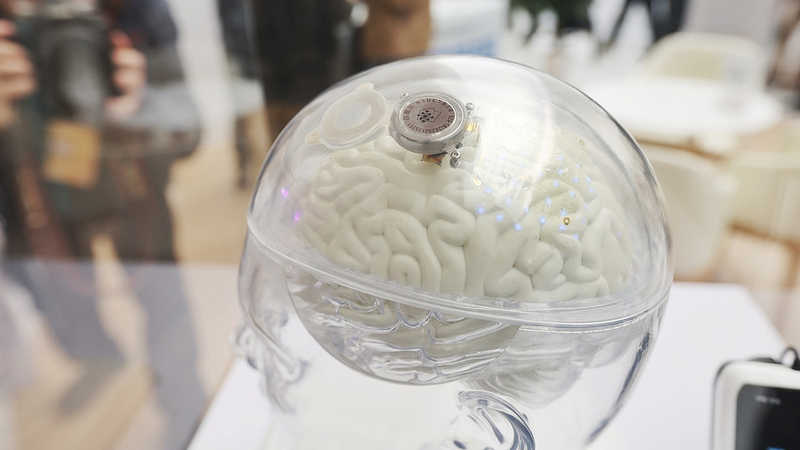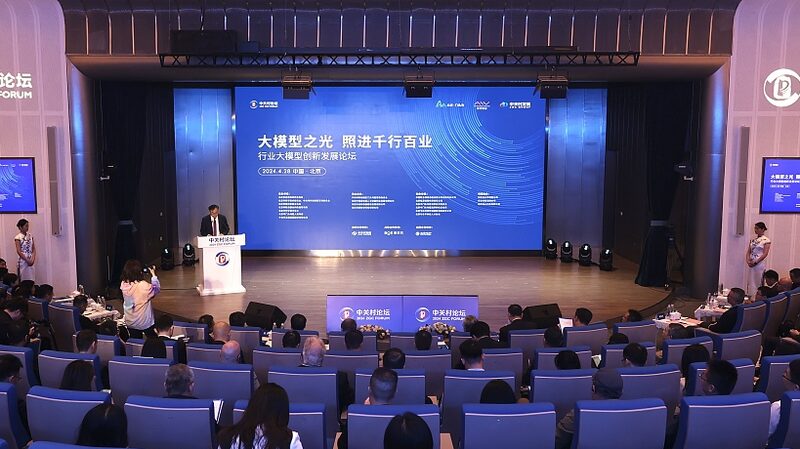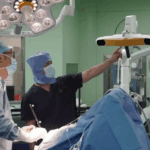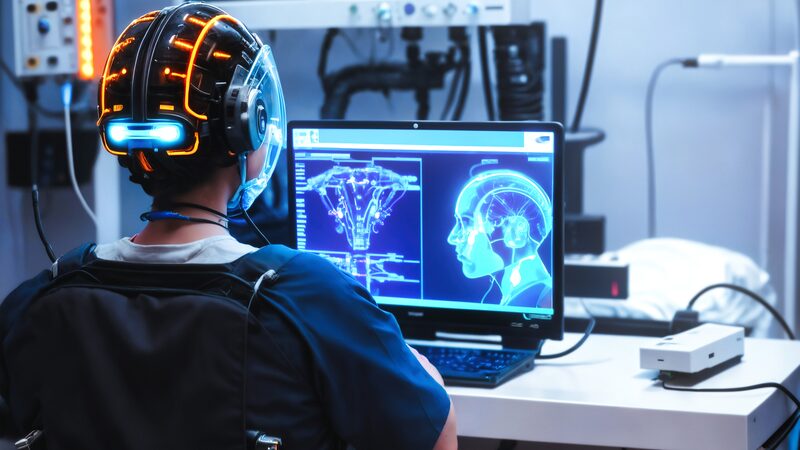China just dropped a major tech bombshell at the 2025 Zhongguancun Forum (ZGC Forum), showcasing jaw-dropping advancements in brain-computer interface (BCI) systems and policy frameworks. From mind-controlled robotic arms to neural bridges restoring movement, this isn’t sci-fi—it’s reality. 🌟
Policy Meets Innovation
Du Guangda, a top official from the Ministry of Industry and IT, announced plans to turbocharge BCI development with new guidelines, emphasizing AI’s role in pushing boundaries. Meanwhile, Lu Yong revealed a fast-track approval system for BCI medical devices, ensuring standards evolve as quickly as the tech itself. 🚀
Medical Miracles in Motion
China’s homegrown BCI system, Beinao-1, is already changing lives:
- A stroke patient at Beijing Tiantan Hospital moved a robotic arm with their thoughts to aid recovery.
- An ALS patient decoded 60+ Chinese characters using a flexible electrode at Xuanwu Hospital. 🔤
- A quadriplegic patient at Peking University First Hospital grasped dynamic objects via a brain-controlled arm—a leap for spinal injury rehab. 🦾
Next-Level Neuroscience
Fudan University’s team stole the spotlight with their 'three-in-one' brain-spinal interface. Four paraplegic patients regained leg movement within 24 hours post-surgery, with some standing just 10 days later. 🎯
From lab benches to hospital beds, China’s BCI ecosystem is firing on all cylinders. With policy backing and tech breakthroughs, the future of healthcare—and human potential—looks brighter than ever. 💡
Reference(s):
China advances BCI research and policy at Zhongguancun Forum
cgtn.com







